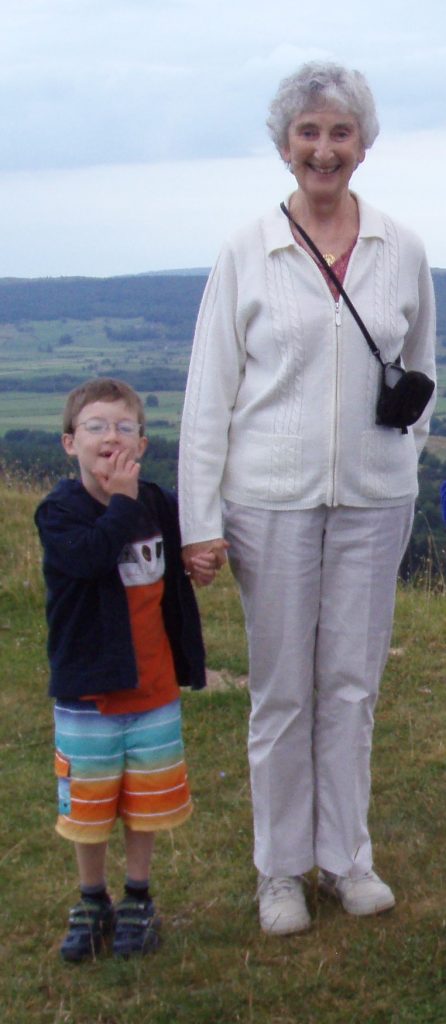
Daphne Hales, the longest serving director of TRAS, never originally intended to be such an important driving force for the organization. Rather, a series of fortunate chance events brought Daphne and TRAS together.
Daphne first came to Canada as a toddler during the war, and spent four years in Peterborough, Ontario. She returned to England, to complete her schooling and university degree, but always wanted to come back. In 1960, after working in Ottawa for a year, she travelled the country with friends, and upon arriving in Vancouver, she was absolutely enchanted and decided to stay for good.
In 1962, Daphne and a friend travelled from Japan all the way to Europe. When in India, the Sino-Indian War grounded all domestic flights. However, they learned that they would be able to leave through Nepal. In Nepal, Daphne was taken aback by the sheer beauty of the country. By happenstance, she met the Red Cross team helping the fleeing Tibetans, and was offered the chance to visit the nearby Tibetan refugee camp. During this visit, Daphne was able to witness first-hand, not only the dire basic needs of the Tibetans, but also the incredible resourcefulness and resiliency of those in the camp.
In 1963, back in Vancouver and again by chance, Daphne met Inge Woodcock (TRAS founder along with her husband George), and volunteered to help with a garage sale, benefiting Tibetan children. By 1976, Daphne would begin helping TRAS in an official role, and she has been doing so ever since!
Daphne is currently the Vice-President , newsletter editor and Projects Director for TRAS. In the latter role, she helps the Board decide which of the projects submitted to TRAS we can support, and keeps our partners accountable and well on the path towards self-sufficiency. Our projects are then given to specific board members for more direct supervision.
We thank Daphne for her many years of hard work and well-appreciated service! Daphne hopes to continue providing her vast knowledge and experience with TRAS until “we can close up shop because we are no longer needed”.
